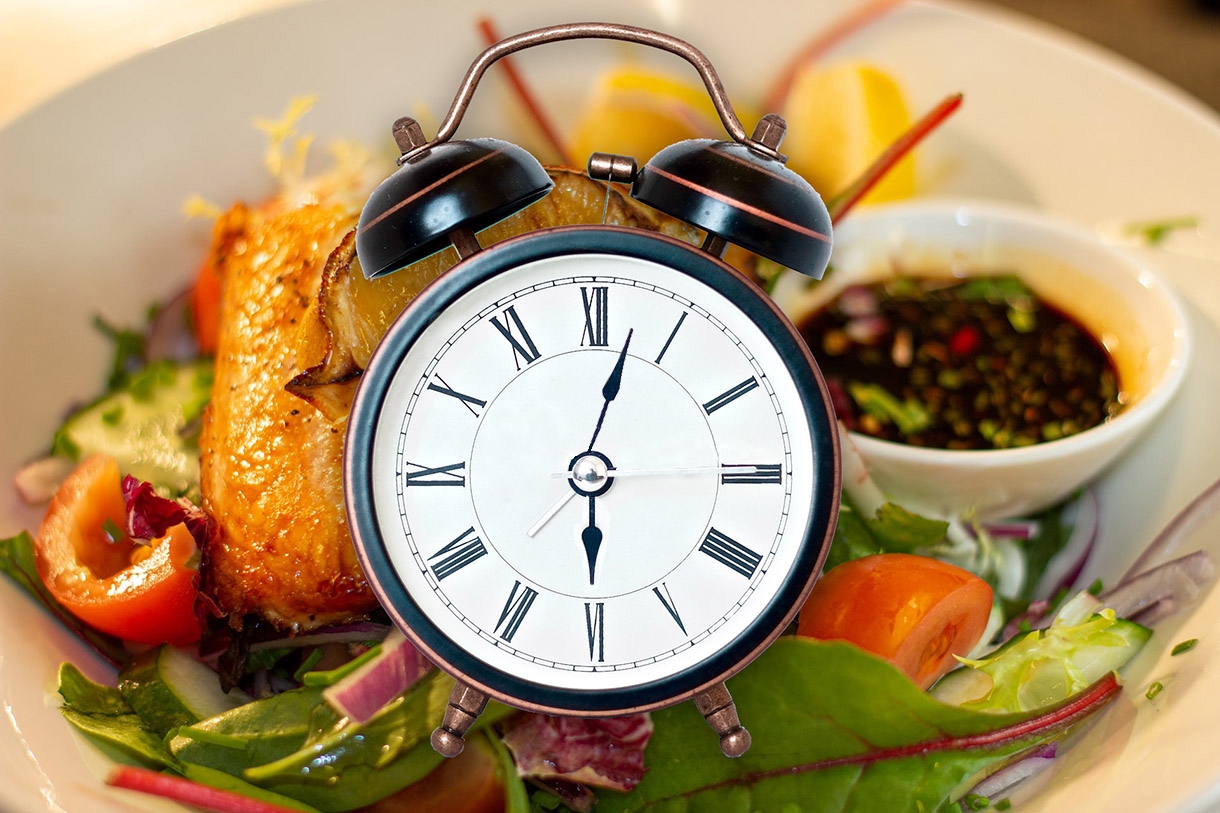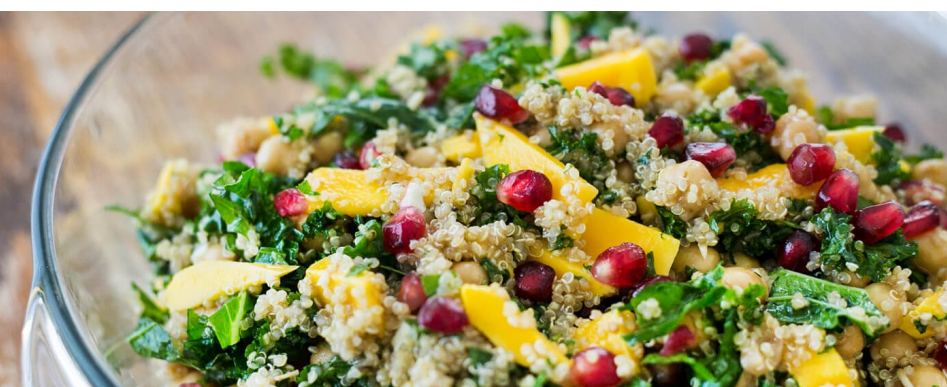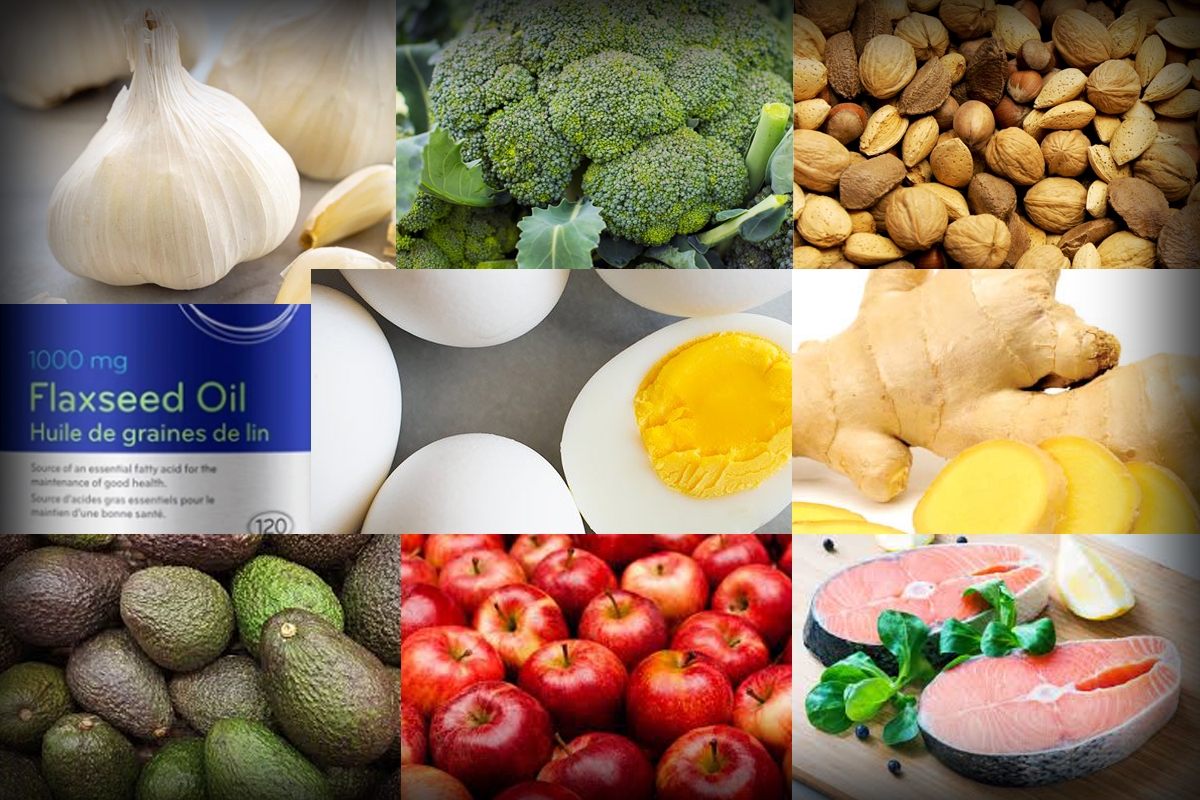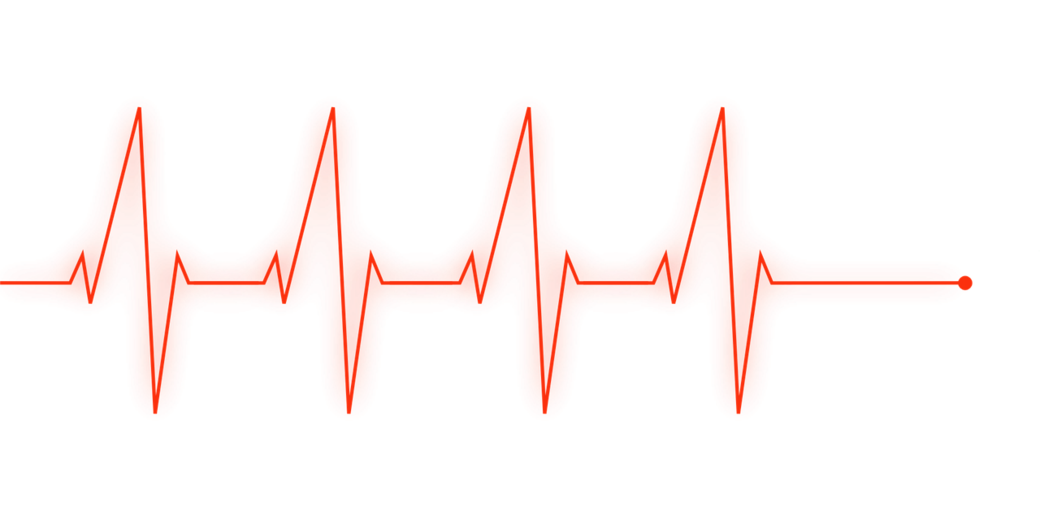
Summer fasting — a natural way to control your weight
The word fasting often conjures up ideas and feelings of constantly being hungry, feeling deprived or even worse starved. However, this could not be further from the truth, as there is a difference between fasting and starvation. Fasting is a choice of voluntary abstinence of eating food for a certain amount of time. Starvation is involuntary, with the person in question having no control over the situation and having no idea when the next meal will be. People decide to fast for many reasons, from spiritual and religious to health and social.
This week we will look at the different ways that people can fast, what are the health benefits as well as how to start and manage a fast. We will also discuss a few myths surrounding fasting.
However, before going ahead, if we stop to think back to the 1950s and ’60s, people were already fasting. They ate three meals a day as convenience foods were not readily available and stores closed in the evening, so no 24-hour shopping available. They would have their last meal at 7 p.m. and their first meal about 8 a.m. the next day – this is considered a 12-hour fast. Obesity and type 2 diabetes rates were much lower than today. In the past decade, there has been a culture of having 5 to 6 small meals a day, or three meals and snacks in between with idea being that it is important to keep your metabolism going as you will burn off more fat. Again, this could not be further from the truth. Metabolism is the rate at which our body burns energy (food). Our metabolism is set like a thermostat, it considers information that it receives from both our internal and external environment and then makes the necessary changes by increasing or decreasing its rate. Eating more food does not make us use up more energy.
There are many health benefits which occur from fasting, it helps to reduce blood pressure, lose weight, lower cholesterol levels, stabilize insulin levels, reduces fatty liver, increase energy, and allows our digestive system time to rest and clean up. One of the many things I like about fasting is it is not something else that you ‘have’ to do, as when someone starts a new diet which between shopping for new ingredients and getting to grips with new recipes can be time-consuming. Fasting is the opposite, nothing new just adjusting the times at which we eat. Now I realise this can be daunting, but it is not as bad as we imagine.
One of the most important aspects of fasting is the mindset. Understanding that our body can manage very nicely, in fact even a little better, when we are not constantly feeding it, is already a huge step in the right direction. Another point to think of is that hunger is not a feeling that will stay with you all day or morning when you are fasting. Thinking of hunger as a wave that will pass, is so important, it is often a question or riding that wave. If you think to those days when you are busy rushing around and do not have time to eat but you did survive the day. Making sure that you are busy when fasting will help you to put aside the hunger feeling and move on with your day. One client I had would leave a ‘to-do’ list on their refrigerator so that if they were tempted to eat during their fast, they realized there were other things that needed to be done instead.
So, let us look at the different ways of fasting and again, it can be adapted to anyone’s lifestyle and does not cost you a cent! There is what is considered a short fast, which consists of eating the last meal at 7 p.m. (no evening snacks!) and not eating anything until the next morning at breakfast – breaking the fast. I would say that the most common fast is known as intermittent fasting or the 18:6, this is when an individual will only eat during 6 hours of the day. This often means that the person will get up and their first meal of the day will be at lunchtime. Again, this can be flexible with some people eating between 10 a.m. and 4 p.m. It depends on what suits your schedule. There is also the alternate day fast, literally meaning you eat one day and not the next. People tend to do this one until they reach their target weight and then reduce the number of fasting days or switch to the 18:6 option.
One myth surrounding fasting is that we will not have enough energy during the fasting period. However, our bodies have plenty of energy storage which as you may have guessed is in the form of fatty deposit. The beauty of fasting is, instead of the body using food that we are constantly giving it as fuel (the 6 meals a day) — it will look to our fat deposits and use that as energy instead. Therefore, fasting is beneficial for those who are looking to lose weight and those suffering from fatty liver, as Dr Jason Fung, said, “You can exercise your body, but you cannot exercise your liver!” — so true. As fasting is also natural to the body there will be no sudden weight loss but a healthy gradual loss of weight which is then completely sustainable. Maintaining a healthy and balanced diet and lifestyle is also key, however, you are still able to enjoy life’s little pleasure without feeling like you will not succeed.
Another benefit of fasting is energy levels, if you are someone who suffers from sugars cravings, these will slowly disappear as your insulin levels start to balance out. It will result in you having more stable energy throughout the day and often avoiding that afternoon slump. The fact that we are not constantly eating also allows our digestive system some time to do some ‘housekeeping’, which is beneficial to our immune system as well. For people who are prediabetic or type 2 diabetic, fasting can be a very useful tool.
There is also a myth surrounding fasting that it will eat into a person’s muscle mass. Our bodies are extremely intricate and efficient, as previously mentioned they will first use up ALL our fat reserves before it even tries to make a start on our muscle mass. When we are fasting there is an internal mechanism which preserves our muscle mass to ensure that we ‘survive’.

So, as you can see there are many reasons why fasting is beneficial to our health. However, when you have your first meal following your fast it is important to include protein and this is chickpea kale salad is one of my favourites!
Pregnant and breastfeeding woman should not be fasting and for those with a history of eating disorders and anyone with an underlying health condition, they should consult with their health care practitioner before starting a fast.
Send your nutrition questions to susan@susanalsembach.com
Photo: Ruyen Ayten, Unsplash













